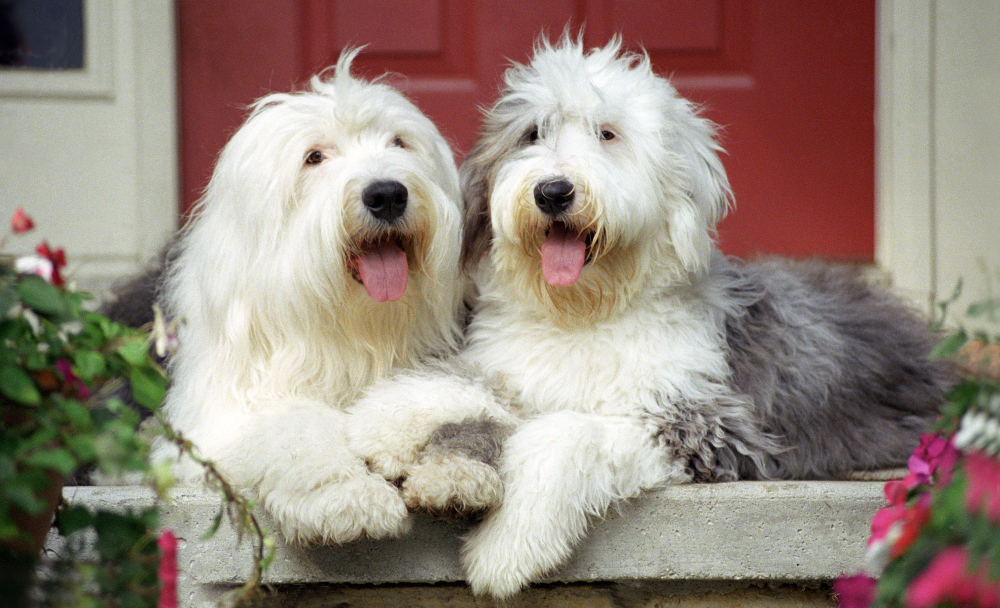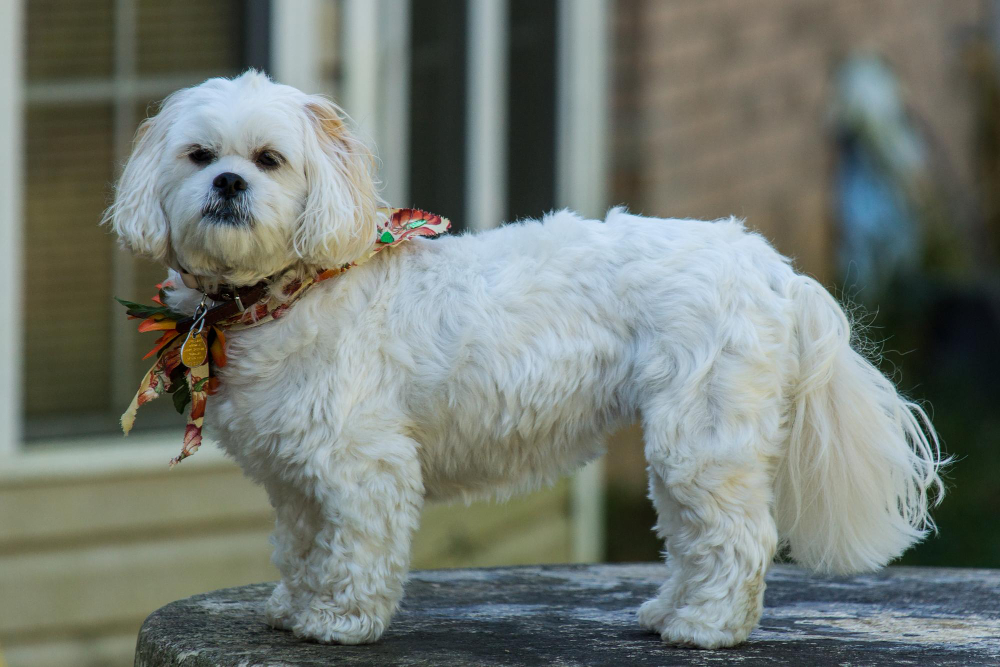The Maltese is a toy breed that has charmed people for centuries with its flowing, silky coat and graceful appearance. At first glance, this little dog may seem delicate, almost like a living ornament, but spend a few minutes with one and you’ll quickly discover a bold and spirited personality beneath the glamour.
Known as one of the most affectionate lapdogs, the Maltese thrives on companionship and rarely strays far from its family. They’re confident, playful, and full of character—always eager to entertain with a burst of energy before settling into your lap for cuddles. This delightful mix of elegance and playfulness is what makes the Maltese a timeless favourite among pet lovers. Whether they’re trotting proudly across the room with their signature silky coat flowing behind them or curling up beside you for comfort, the Maltese has a way of making every moment feel a little brighter.
Appearance of the Maltese
| Feature | Description |
| Size | Small toy breed, 7–9 inches tall, weighing 4–7 pounds |
| Coat | Long, straight, pure white, and silky in texture |
| Face | Round, expressive dark eyes and black button nose |
| Body Build | Compact and fine-boned, yet sturdy |
| Overall Look | Elegant, graceful, yet lively |
History at a Glance
The Maltese is one of the oldest companion breeds, with origins tracing back to the Mediterranean island of Malta over 2,000 years ago. Cherished by nobles, artists, and royalty across Europe, they were often considered symbols of luxury and grace.
Food and Diet Needs
The Maltese needs a nutrient-rich diet to support energy levels and coat health.
- Proteins: Lean meats like chicken, turkey, or fish.
- Fats: Omega-rich oils for skin and coat.
- Carbohydrates: Brown rice or sweet potato for gentle digestion.
- Small kibble: Designed for toy breeds to prevent dental buildup.
- Avoid: Excess treats and table scraps, as Maltese dogs gain weight easily.

Grooming and Care
The hallmark of a Maltese is its flowing white coat, which requires consistent maintenance.
- Daily brushing to prevent knots and mats.
- Baths every 2–3 weeks for cleanliness and shine.
- Tear stain care with gentle wipes around the eyes.
- Dental care is vital to prevent gum disease.
- Regular grooming trims help manage coat length.
Exercise and Activity
Though small, the Maltese is active and enjoys play:
- Short daily walks (15–30 minutes).
- Indoor games like fetch or hide-and-seek.
- Mental challenges such as puzzle feeders to prevent boredom.
Common Health Issues
Like other toy breeds, the Maltese can be prone to certain conditions:
- Dental problems – Regular brushing helps.
- Luxating patella – A knee joint issue.
- Collapsed trachea – May cause coughing.
- Allergies – Skin sensitivities to food or environment.
- White Dog Shaker Syndrome – Causes tremors in some small breeds.
Routine vet visits and preventive care are key to long-term health.
Training and Behaviour
Maltese dogs are quick learners but sensitive, so gentle training works best.
- Positive reinforcement with praise and treats.
- Early socialisation with people and pets.
- House training may require patience due to their small size.
- Basic obedience helps with manners and confidence.
Is the Maltese Right for You?
If you want a small dog that combines elegance with affection, the Maltese is a wonderful choice. They thrive in households where they receive attention, care, and regular grooming. In return, you’ll have a loyal, loving companion by your side.
Frequently Asked Questions About Maltese
Q1: Are Maltese good for first-time owners?
Yes, they’re gentle, affectionate, and relatively easy to train, making them suitable for beginners.
Q2: Do Maltese bark a lot?
They can be vocal when alert, but training helps manage barking.
Q3: Can Maltese live in apartments?
Absolutely. Their small size and modest exercise needs make them great apartment dogs.
Q4: What is the lifespan of a Maltese?
With good care, Maltese dogs live 12–15 years on average.
Q5: Are Maltese hypoallergenic?
Yes, they shed very little, making them a popular choice for allergy-sensitive owners.







